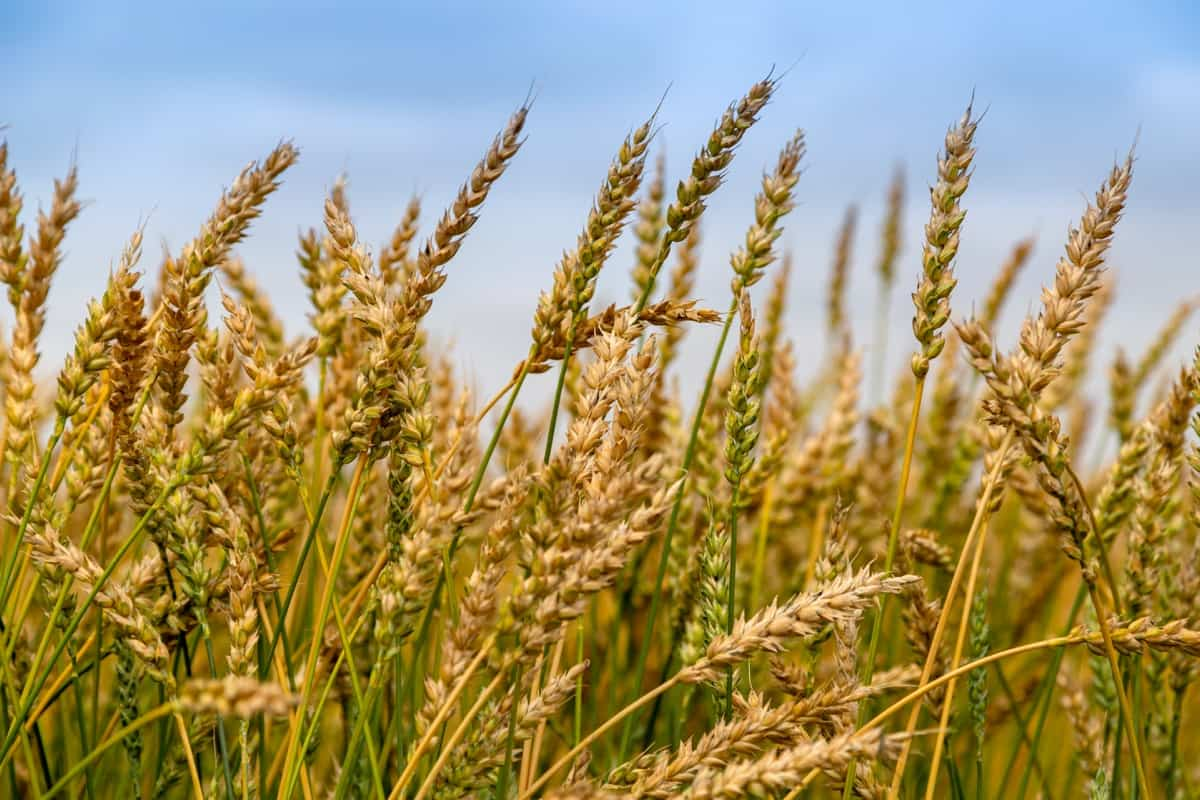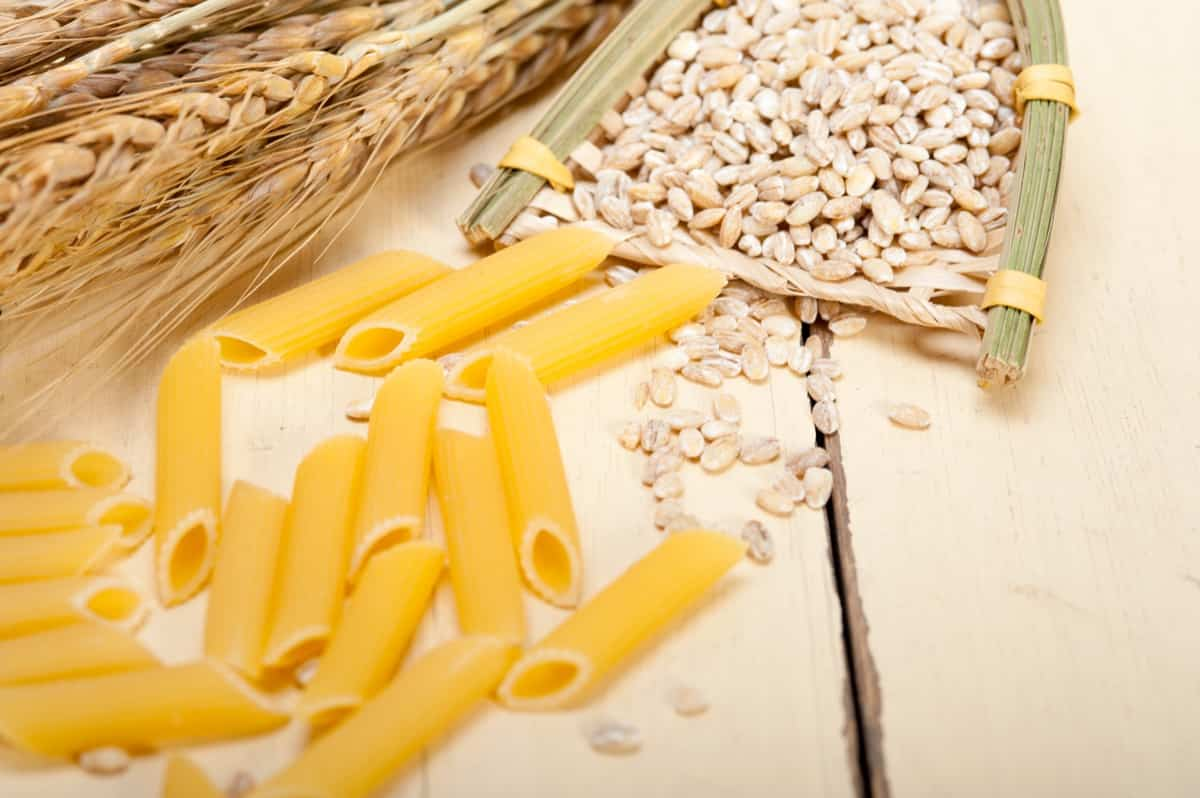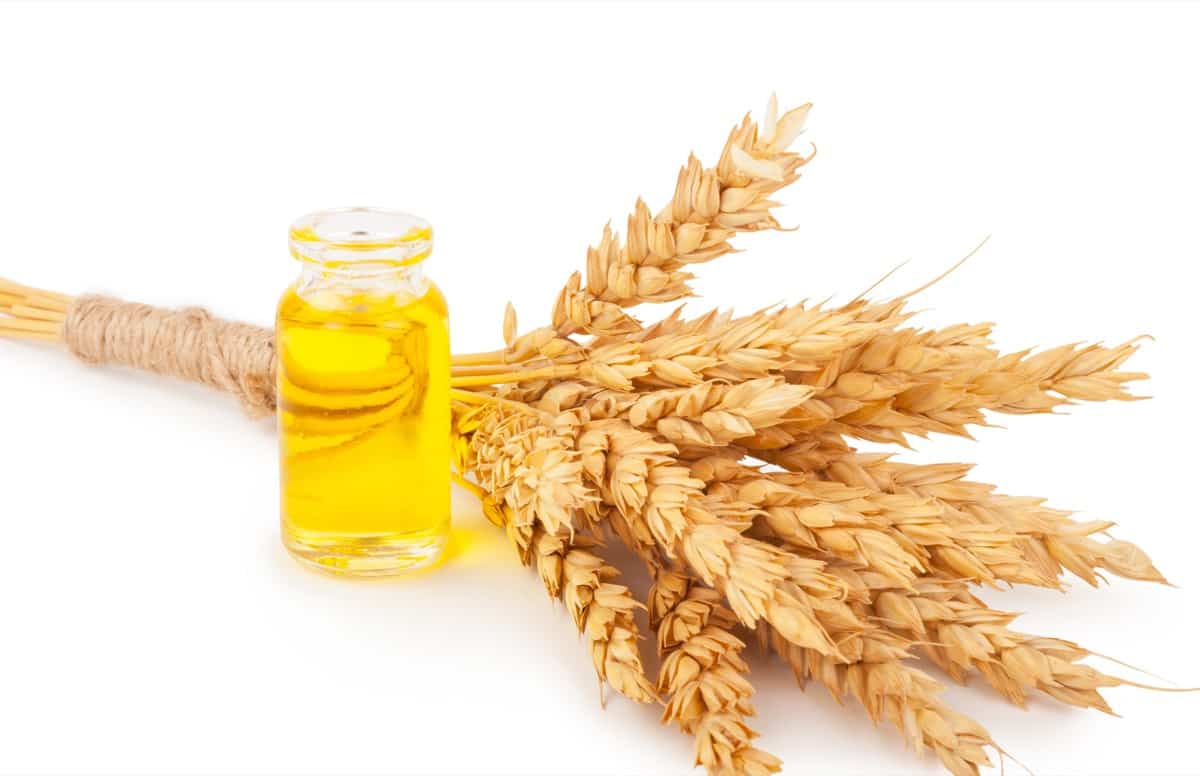Wheat, a staple crop consumed worldwide, offers many opportunities for entrepreneurs. It presents numerous profitable wheat-based small-scale business ideas. From milling wheat to making baked delights, this grain’s versatility provides several avenues for monetary gain with minimal investment. If you’re scouting for money-making tips with low investment in the wheat industry, look no further. Here are some of the most lucrative wheat-based ventures you can dive into.

10 Profitable Wheat Based Business Ideas
Starting a Wheat Flour Mill – A Great Money-Making Idea
Setting up a wheat flour mill can be an exceptional way to enter the wheat business. With an increasing demand for fresh and organic products, a local mill can attract a large clientele, especially if you can ensure quality and purity. The process is relatively straightforward. Begin by procuring high-grade wheat grains and acquiring necessary machinery like grinding machines, separators, and cleaners.
Location is vital; situate your mill near the source of raw materials or in a locality with easy market access. As production begins, ensure regular quality checks. You can bag the flour in bulk for bakeries and restaurants or in smaller packages for household consumption. Additionally, offering multiple varieties like whole wheat flour, semolina, or bran can cater to diverse customer needs.
Establishing A Wheat Farming Business
Wheat farming, the foundation of all wheat-based products, is a venture teeming with potential. Start by choosing the right piece of land – fertile and well-irrigated. The soil should be tested for its suitability to grow wheat. Once satisfied, purchase high-yielding wheat seeds for sowing.
Regularly monitor the crops for pests and diseases and use eco-friendly pesticides to ensure healthy growth. Post-harvest, store the grains in a dry and cool place to prevent spoilage. Establishing a direct link with a buyer, such as a mill or a bakery, can guarantee a steady income stream. Staying updated with modern farming techniques can also yield higher profits in the long run.
Producing Wheat-based Snacks and Baked Goods
The market for wheat-based snacks and baked goods is vast. Cookies, bread, cakes, and biscuits made from wheat have an evergreen demand. Start by pinpointing a niche you’d like to cater to –organic, gluten-free, or gourmet products. Once you’ve decided, source quality wheat flour and other ingredients.
The next step is to set up a production unit. It doesn’t necessarily have to be huge; a small kitchen with essential baking equipment can suffice initially. Quality control is paramount; ensuring your products meet health standards can build trust and increase demand. It’s also crucial to establish a reliable distribution channel – this could be through local stores, online platforms, or direct deliveries.
Creating a Low-investment Wheat Pasta Manufacturing Business
Pasta, a favorite dish across cultures, offers a promising business avenue. You’ll first need a compact space to start a low-investment wheat pasta manufacturing business. The raw materials required are primarily wheat flour and water. Procure pasta-making machines, which come in various scales depending on your budget.
In case you missed it: 10 Profitable Corn Based Business Ideas: Make Money with Low Investment

Once production starts, maintain a stringent quality check, ensuring the pasta’s texture and taste meet consumer expectations. Packaging plays a pivotal role – attractive, eco-friendly packaging can give you an edge in the market. It’s also beneficial to diversify your pasta range, from spaghetti to penne to fusilli, catering to varied tastes.
Launching a Wheat-based Animal Feed Production
Due to its nutritional value, wheat is often used in animal feed. Initiating a wheat-based animal feed production business requires knowledge of what different animals need nutritionally. Start by sourcing quality wheat grains and determining the right mix of other ingredients like maize, barley, and vitamins. Next, get the necessary machinery for grinding and mixing.
Once your mix is ready, you can package them according to different animal needs. Building relationships with local farmers or pet stores can be a sustainable way to ensure continuous sales. Regular research to enhance the nutritional value of the feed can also give your business a competitive advantage.
Setting Up a Wheat Germ Oil Extraction Plant
Wheat germ oil, known for its myriad health benefits, is gaining popularity. To set up a wheat germ oil extraction plant, start by sourcing wheat germ. Extraction involves cold pressing the wheat germ to retain its nutritional value. This requires hydraulic presses or expeller machines. Once extracted, the oil should be filtered to remove any impurities.
In case you missed it: 10 Profitable Jute Based Business Ideas: Make Money with Low Investment

Optimal packaging ensures the oil’s longevity. Glass or high-quality plastic bottles, labeled with the oil’s benefits and expiration date, can attract consumers. Selling through health stores, pharmacies, or online platforms can help achieve a wider reach.
Developing a Wheat Starch Production Unit
To establish a wheat starch production unit, the primary requirement is high-quality wheat. The process involves separating the wheat’s starchy part from its protein. This requires machinery like centrifuges and hydrocyclones. Once extracted, the starch undergoes further refinement to achieve the desired purity level. Packaging, once again, plays a significant role. The wheat starch can be sold in bulk to food processing units or packed in smaller quantities for household use. Forming partnerships with industries that utilize wheat starch can provide consistent revenue.
Starting a Low-investment Wheat Straw Craft Business
Initiating a wheat straw craft business on a small scale doesn’t require a massive investment. With creativity at its core, one can create beautiful, sustainable products ranging from decorative items to useful daily essentials. To get started, source wheat straws directly from local farms or markets.
Next, dedicate a space where you can clean, sort, and craft these straws. Running workshops, collaborating with craft stores, or setting up online platforms can effectively market and sell these handcrafted treasures. As awareness about sustainable products grows, wheat straw crafts have the potential to carve a niche for themselves in the market.
Establishing a Wheat Gluten Processing Facility
Wheat gluten, known for its protein-rich content, is widely used in food industries, especially for vegetarian and vegan products. Establishing a wheat gluten processing facility requires in-depth knowledge of wheat properties and extraction techniques. Begin by sourcing high-quality wheat grains. The facility should have machinery that can wash, grind, and separate the gluten from the starch.
Once extracted, the gluten needs proper drying before it’s packaged. There’s a rising demand for wheat gluten in various sectors, especially with the growth of plant-based diets. Partnering with food production companies or marketing directly to consumers through health stores can pave the way for a successful venture.
Creating a Wheat-based Brewing Company
Launching a wheat-based brewing company requires a passion for crafting unique flavors and knowledge of sound fermentation. Select a suitable location, ensuring compliance with local regulations and licensing. Source top-quality wheat, which will act as the primary ingredient. The brewing process involves milling the wheat, mashing, fermenting, and bottling.
In case you missed it: 10 Profitable Cotton Based Business Ideas: Money Making with Low Investment

Crafted wheat brews, whether beers or non-alcoholic beverages offer a distinct taste profile that can appeal to a broad audience. Hosting tasting sessions, participating in brewery tours, or collaborating with local bars and restaurants can help effectively market the wheat brews and build a loyal customer base.
Conclusion
Wheat is not just a staple food but a treasure trove of profitable wheat-based small-scale business ideas. These ventures can yield substantial profits with the right approach, dedication, and minimal investment.
- Handicraft Making at Home: A Small Profitable Business Idea
- Pet-Tech Startups: Innovations for Animal Lovers
- Tech Repair Services: Meeting the Demand for Gadget Maintenance
- Maximizing Rewards: Smart Credit Card Habits for Cashback and Points
- Ultimate Guide to Making Money from Goat Milk Business
- How to Start an Agricultural Value Added Product Business
- Value-Added Business Ideas for Greenhouse: The Best Ways to Make Profits with Greenhouse Farming
- How to Make Profits with Organic Country Chicken: Best Strategies for Beginners
- 10 Value-added Business Ideas for Millets: Low-investment and Highly Profitable